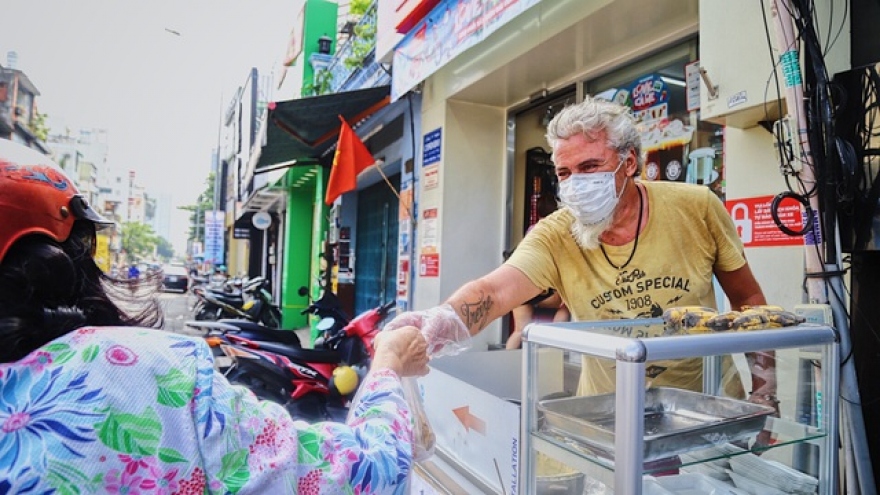
Stranded French tourist struggling to earn a living
A French man, who has been stuck in Vietnam due to COVID-19, is working as a vendor in HCM City to earn a living.
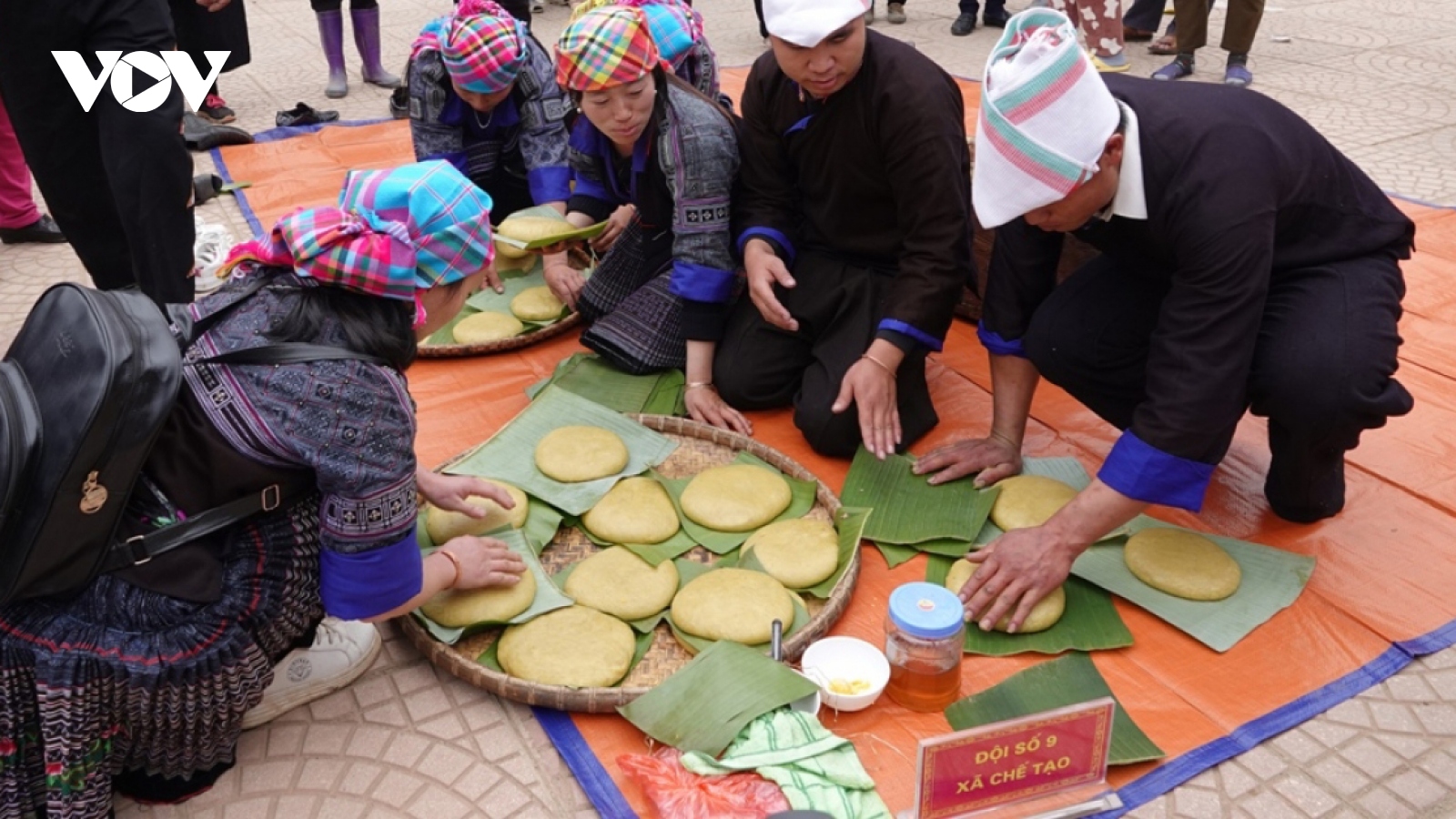
Mu Cang Chai hosts first Banh Day pounding festival
VOV.VN - The debut Banh Day festival was held between January 1 – 3 in the mountainous district of Mu Cang Chai in the northern province of Yen Bai as part of celebrations for the local delicacy, attracting numerous tourists following the New Year holiday.

Bai Coi - rendezvous of different cultures
VOV.VN - The Bai Coi archaeological site in the central province of Ha Tinh holds clues to understanding the history of Vietnam. It was recognized as a National Relic in 2014 by the Ministry of Culture, Sports and Tourism.
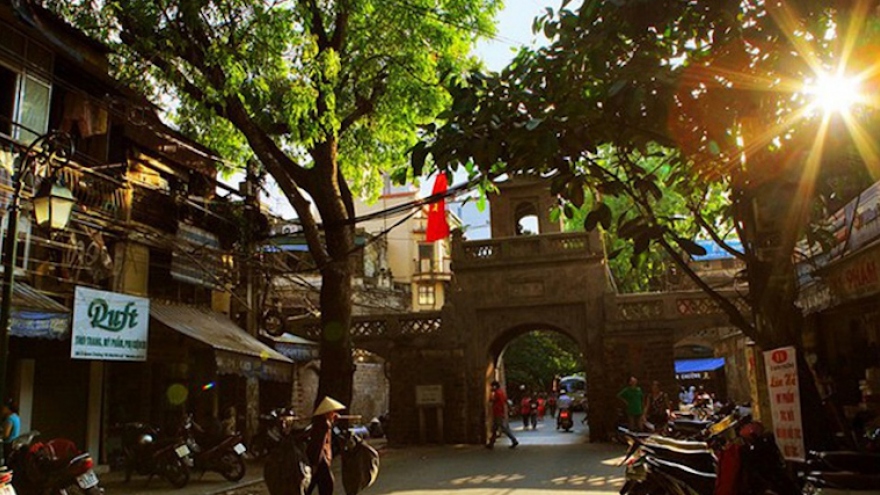
What to do in Hanoi in 24 hours?
Every hour in Hanoi is a memorable time to capture the beauty of the millennial city from different perspectives, from traditional to modern.
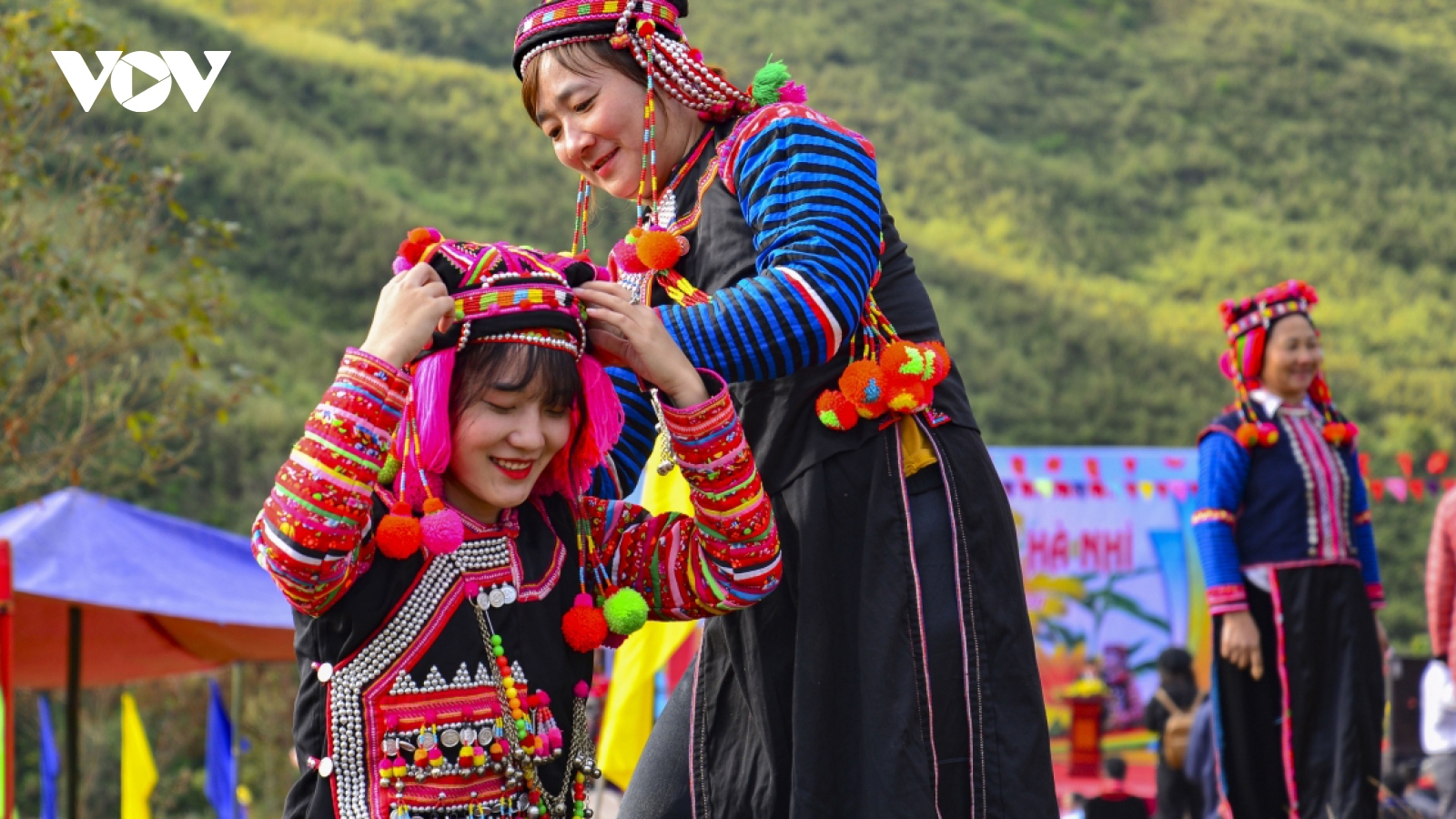
Ha Nhi ethnic group celebrate traditional new year festival
VOV.VN - The traditional new year festival of the Ha Nhi ethnic group, who reside in Dien Bien province’s Muong Nhe district, north-western Vietnam, is celebrated during the eleventh lunar month when local people finish their crop harvest.

Exciting wedding of Dao ethnic group in north Vietnam
VOV.VN - Although recent years have seen wedding ceremonies conducted by the Dao Lo Gang ethnic group in the northern province of Thai Nguyen become simplified, they still feature many aspects of the traditional ritual.
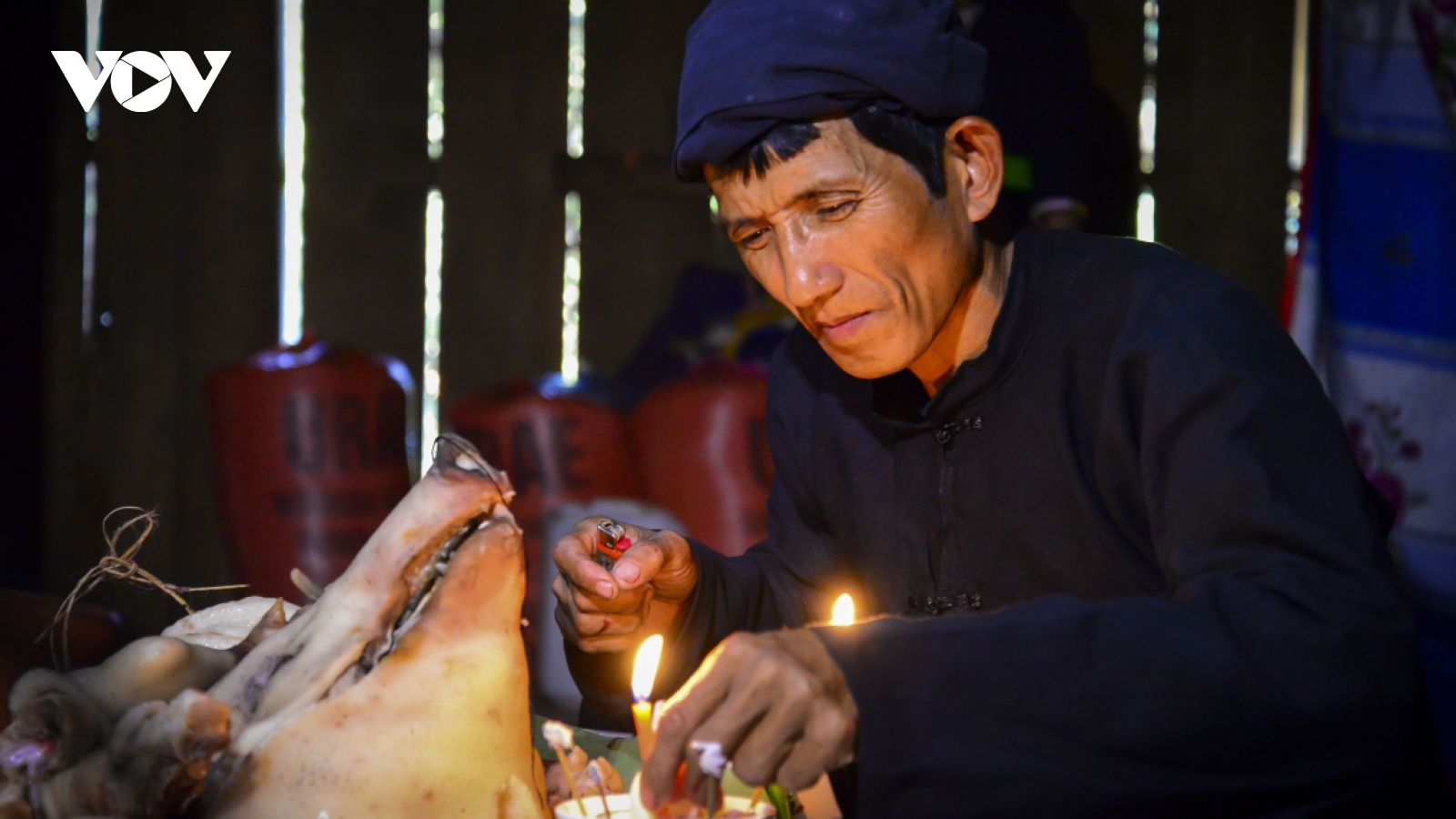
Early New Year festival of Cong ethnic people
VOV.VN - The Cong ethnic people in the northwestern region of Vietnam celebrate their Tet (New Year) festival, locally known as Tet hoa mao ga or Cockscomb flower Tet), in the 11th lunar month, praying for a new bumper crop harvest in the new year. Let’s discover local people’s distinctive cultural identity of the festival.
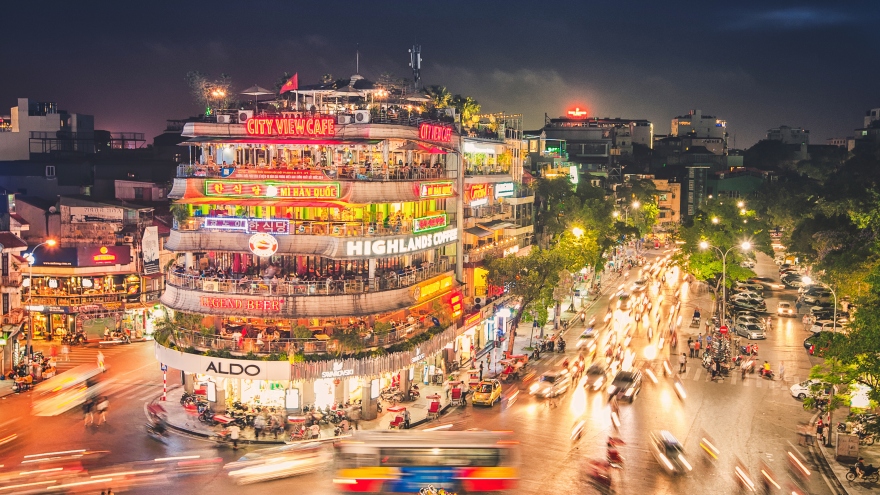
A vibrant Vietnam in a German expert’s eyes
VOV.VN - Andreas Stoffers, Director of the Friedrich Naumann Foundation in Vietnam, says he loves Vietnam because the country has a diverse culture, an ancient history, a unique language and an open-minded and ambitious people.

Imago Work and a story of an American family in Hanoi
VOV.VN - An American woman whose son was born with Down syndrome has set up Imago Work project in Vietnam, to provide vocational training and job placements for young people who suffer from developmental disabilities.
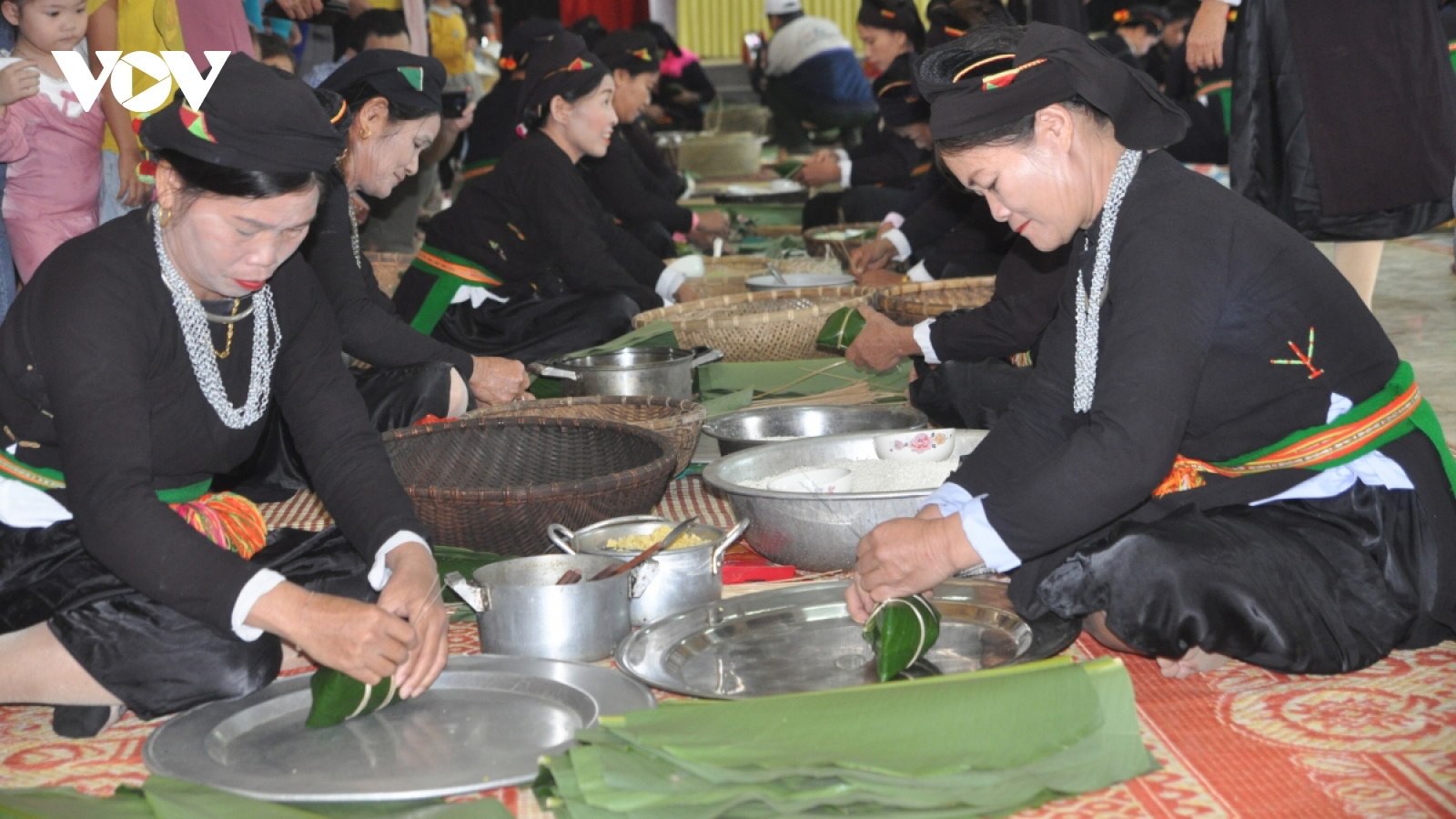
Promoting Tay ethnic culture in northwestern region
VOV.VN - A cultural festival was recently held in Muong Lai commune of northwestern Yen Bai province to introducethe traditional culture of the Tay ethnic group to tourists.

Unique Dan Lai ethnic culture in Pu Mat National Park
VOV.VN - Dan Lai is a small ethnic group that reside in Pu Mat National Park in Con Cuong district of the central province of Nghe An.

Costumes of Mong people in Sa Pa
VOV.VN - The Mong comprise more than half of the population of the popular resort town of Sa Pa in northern Vietnam. They belong to different Mong branches, but all wear indigo clothing.
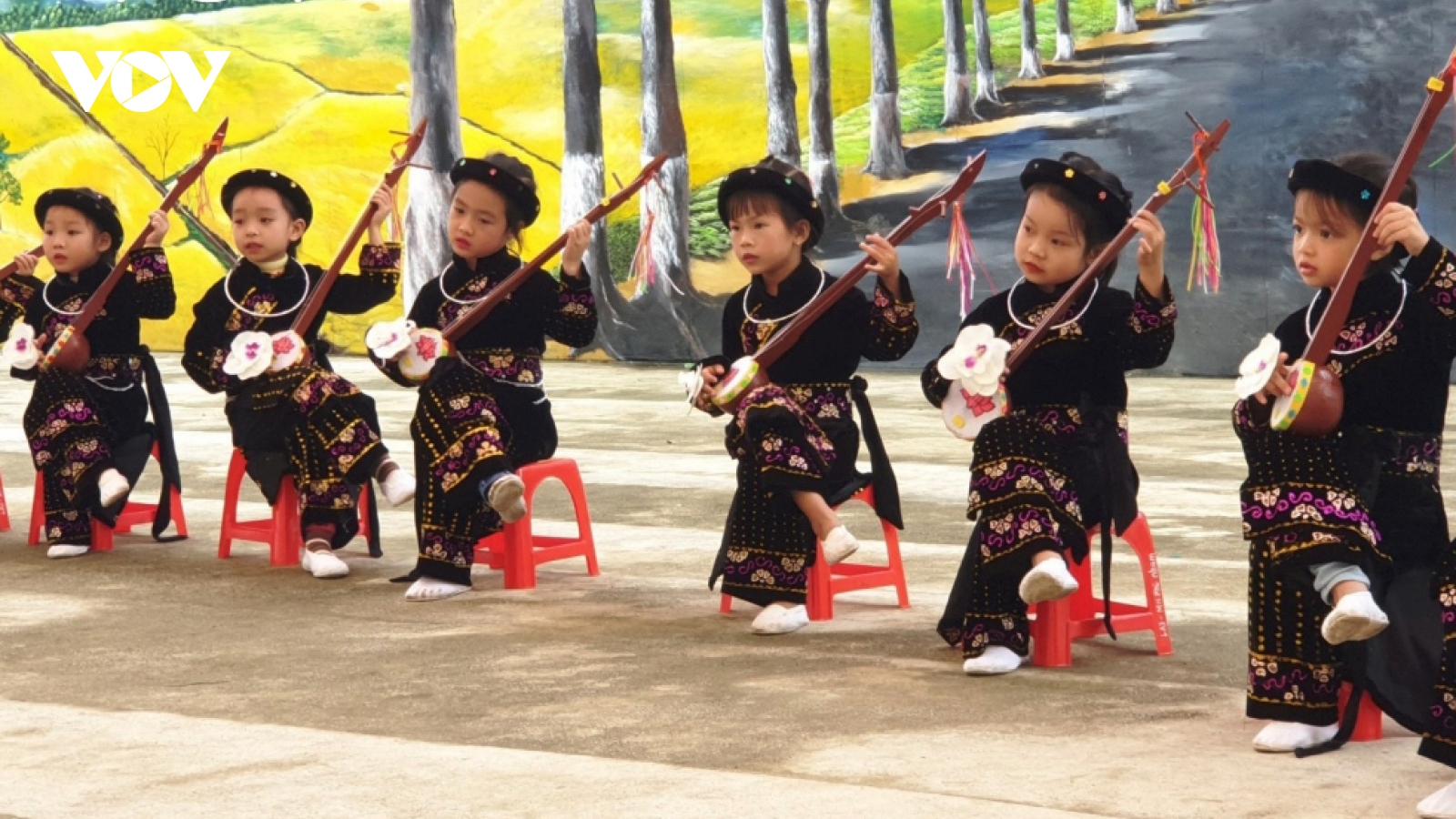
Ethnic people preserve indigenous culture in northern Vietnam
VOV.VN - Schools throughout Muong Lo district in the northern mountainous province of Yen Bai have recently implemented a number of measures in an effort to maintain the area’s traditional culture for younger generations.
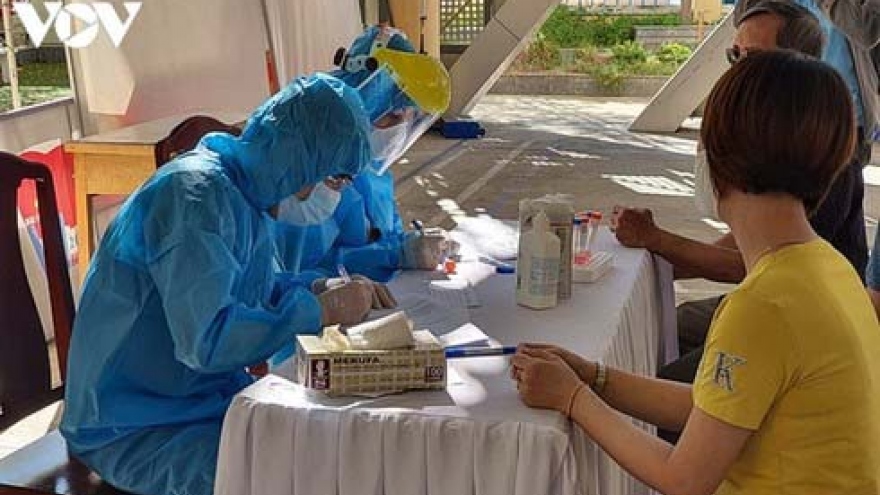
Vietnam is a corona-free bubble: Successful control of COVID-19
VOV.VN - What Vietnam has achieved to contain the pandemic can be an example to the rest of the world.
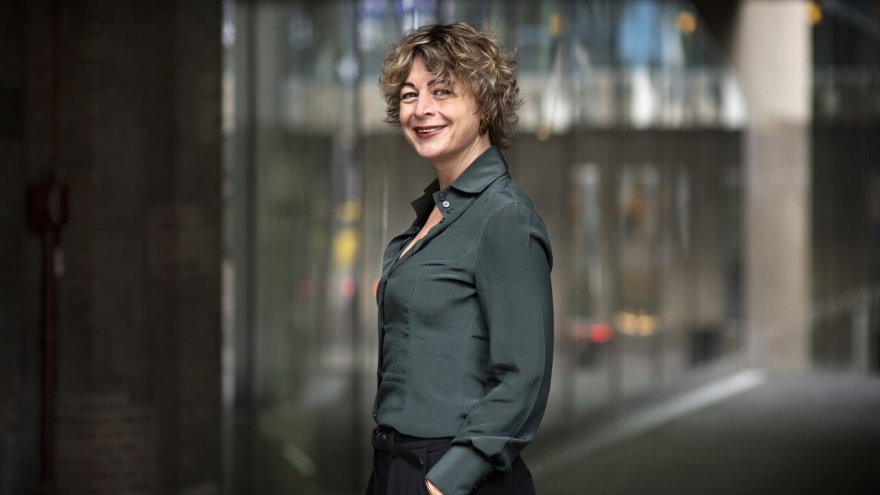
Dutch Ambassador impressed with Hanoi’s COVID-19 fight
Dutch ambassador to Vietnam Elsbeth Akkerman expressed her impression of Hanoi's efforts to ensure sustainability and inclusivity in plans to get people's life on track when COVID-19 is basically under control.

Ancestor worship, a sacred rite of the Lo Lo in Ha Giang province
VOV.VN - The Lo Lo ethnic minority people live mostly in Lung Cu commune, Ha Giang province. They live harmoniously with other ethnic groups of the Dong Van stone plateau while maintaining their ancient customs and traditions.
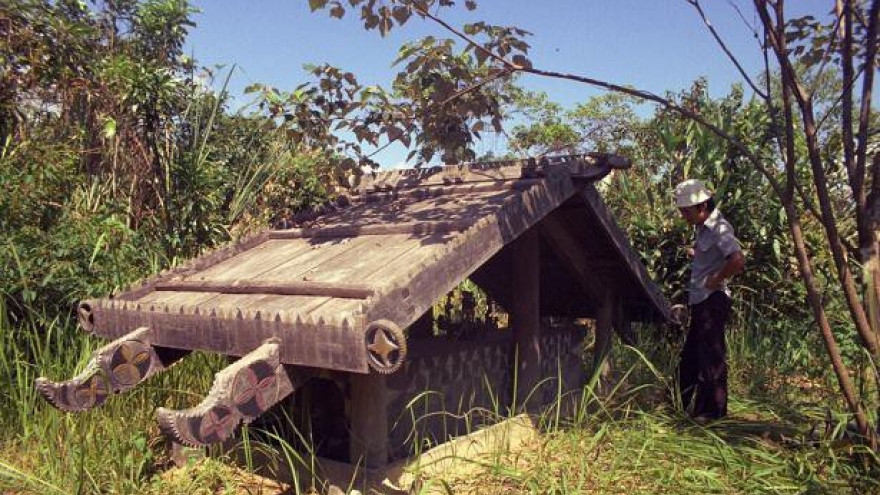
Tomb house of the Co Tu
VOV.VN - A tomb house built on the grave of a dead person is typical of folk belief of the Co Tu ethnic minority who live in Vietnam’s central region.

We love Nha Trang, Russian travelers reveal
VOV.VN - Upon falling in love with the land and people of Nha Trang, the central city of Vietnam, at first sight, several Russian travelers to the locality have decided to stay longer and look for a job.
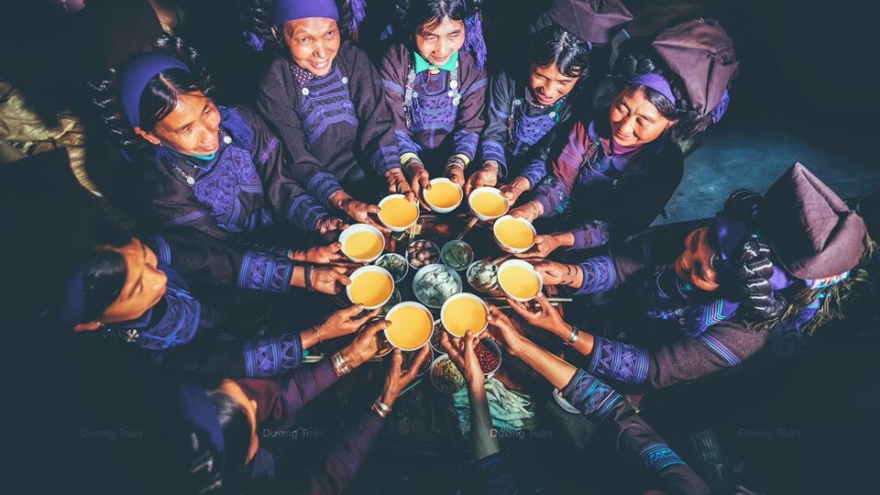
Try the special beer of the Ha Nhi
The Ha Nhi, an ethnic minority group in Bat Xat, in the northern mountainous province of Lao Cai, has a traditional beer that has existed for hundreds of years, but few people have had a chance to enjoy it.
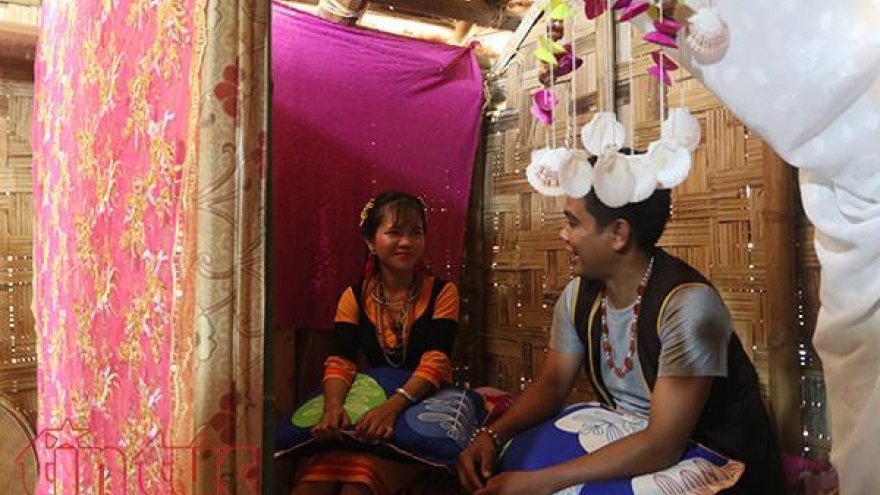
Unique marriage custom of the Raglai
VOV.VN - The Raglai are a matriarchal ethnic minority group who live in Vietnam’s Central Highlands. When a Raglai couple decides to get married, the girl’s family decides everything.
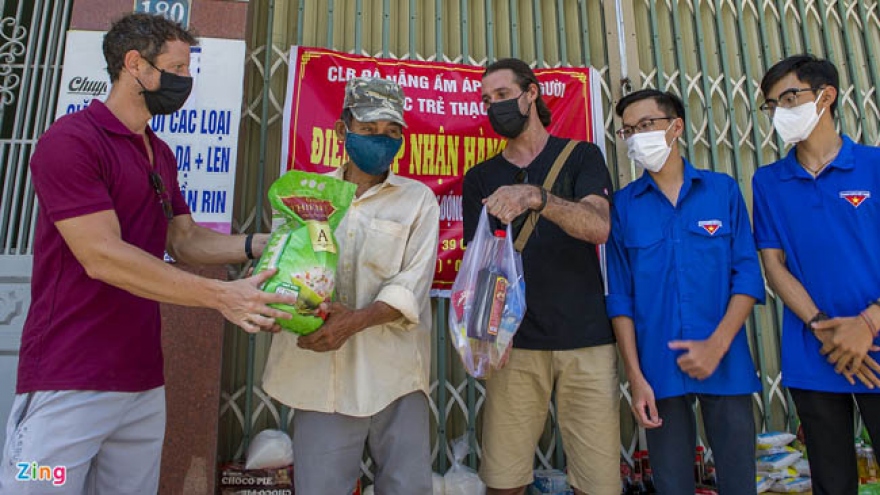
Foreigners unite with Da Nang in COVID-19 fight
VOV.VN - A group of foreign teachers in the central city of Da Nang have pooled their resources and mobilised their friends to purchase essential goods in an effort to help underprivileged people impacted by the battle against the novel coronavirus.
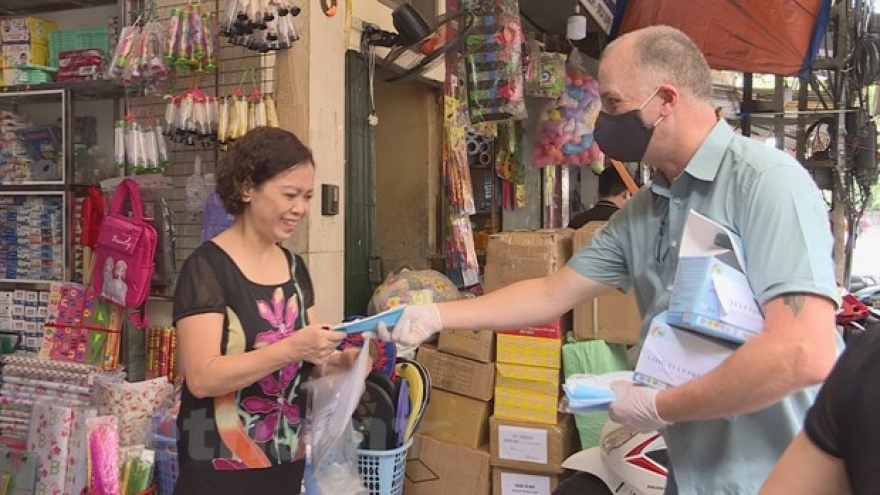
Foreign nationals unite to help Vietnam in COVID-19 fight
VOV.VN - A group of foreign citizens living and working in Vietnam have come together in an effort to contribute to the nation’s fight against the novel coronavirus (COVID-19).
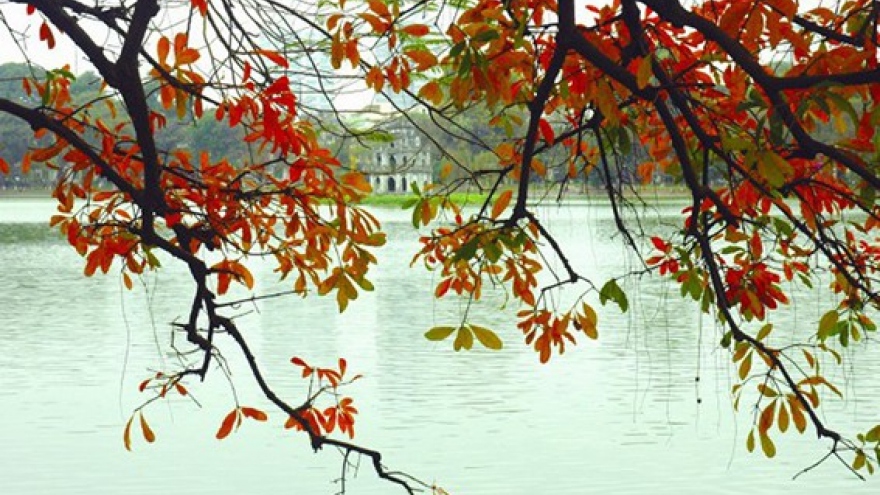
Hanoi – endless inspiration for poets
VOV.VN - Poems about Hanoi resist the flow of time, preserving the ancient values from a millennium ago and promoting contemporary features. Hanoi has always been an endless inspiration for poets.
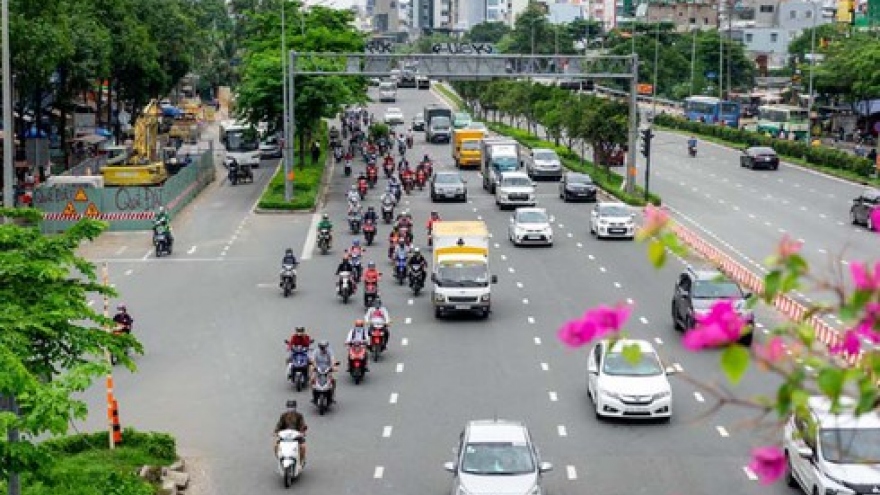
Thoughts of an American living in HCM City during COVID-19
VOV.VN - Christopher Otis, an American living in Ho Chi Minh City who works as a teacher, photographer, and geographer, feels pride in Vietnam being his second home.
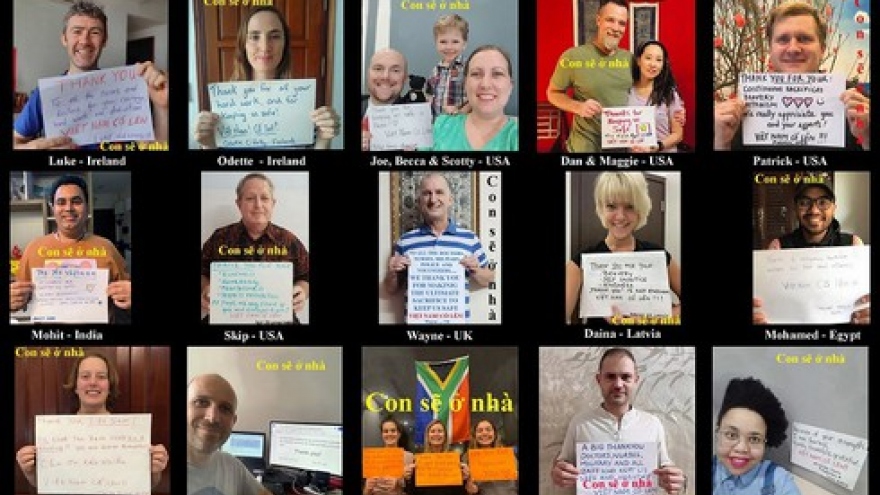
“Vietnam We Thank You–Việt Nam Cố Lên”: Touching messages from expats
The messages have caught public attention and been widely shared over the last few days.

Wedding rituals of the Bo Y
VOV.VN - After spring dating, when cold wind begins to blow, young ethnic boys and girls in the northwest mountain region decide to get married.

Ancient Thai language preserved
VOV.VN - In modern society, the traditional culture and particularly the ancient language of the Thai people has been increasingly neglected. In an effort to preserve the language, Dien Bien province has opened classes to teach ancient Thai writing.

Cham ethnic villages shine with impressive cultural characteristics
VOV.VN - The mosques with their ancient and impressive architecture are where Cham men practice five religious services a day. Cham women are busy at the loom every day.

Lo Cuong rice noodle village thrives despite urbanization
VOV.VN - Located about 50km east of Hanoi, Lo Cuong village, famous for dried rice noodles, is one of the age-old craft villages in Hai Duong city. In recent years, the village has changed dramatically amid rapid urbanization.

Ok Om Bok Festival of the Khmer
VOV.VN - The Khmer in Vietnam’s southern region are celebrating the Ok Om Bok or Moon Worship Festival.
